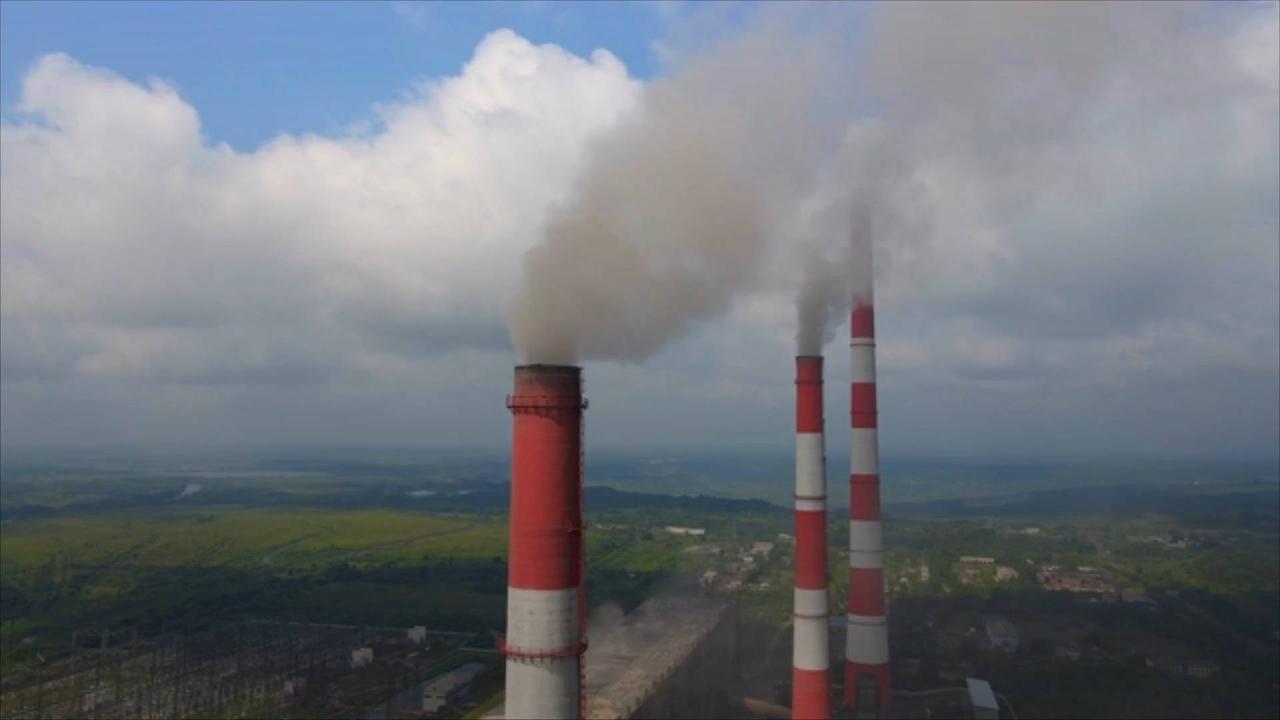Scientists Successfully Create Low-Carbon Concrete With Hazardous Material

Scientists Successfully Create Low-Carbon Concrete With Hazardous Material
Scientists Successfully Create , Low-Carbon Concrete , With Hazardous Material.
The Cool Down reports that a recent breakthrough could help solve a major environmental problem in the construction industry.
According to a press release from RMIT University, engineers successfully replaced 80% of the cement in concrete with coal fly ash.
Coal fly ash is a toxic waste created by burning dirty fuel in coal-fired plants.
The lead on the project, Dr. Chamila Gunasekara, said that most low-carbon concretes usually contain no more than 40% fly ash.
Our addition of nano additives to modify the concrete's chemistry allows more fly ash to be added without compromising engineering performance.
, Dr. Chamila Gunasekara, RMIT project lead, via 'The Guardian'.
According to the Union of Concerned Scientists, coal plants release pollutants that have been linked to severe health issues.
Those health issues include heart problems, neurological disorders, cancer and premature death.
.
At the same time, cement production is believed to account for 8% of worldwide carbon pollution, while demand for cement is continuing to grow.
.
As a result, scientists have been looking for ways to reduce harmful construction-sector pollution, and coal ash appears to present a promising solution.
The team out of RMIT hopes the findings, published in the journal 'Cement and Concrete Research,' will serve as evidence for the potential of low-carbon concretes


